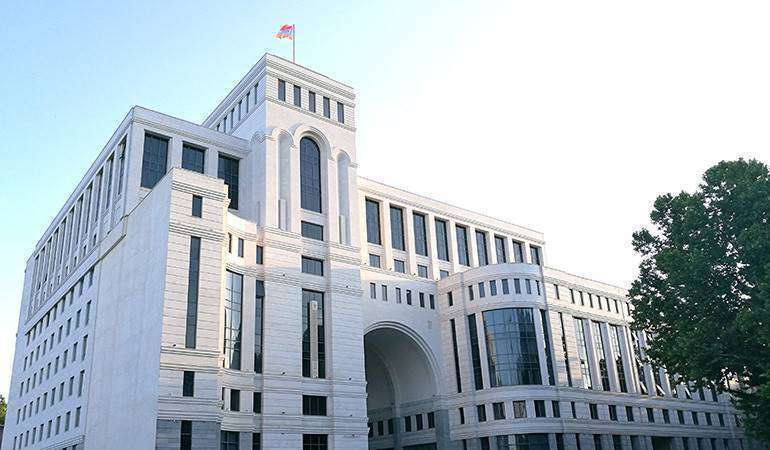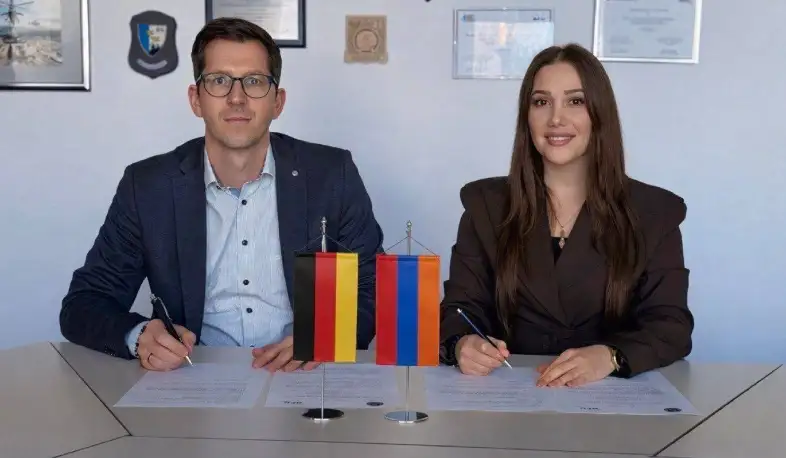The Ministry of Foreign Affairs of the Republic of Armenia continues to draw the attention of the international community, particularly partners interested in peace in the region and emphasizing humanitarian values, to the issue of the release of Armenian prisoners of war, hostages, and other detainees held in Azerbaijan, as well as the staged trials being conducted against some of them with gross procedural violations and blatant signs of torture.
The publications, including video recordings and photos from the “trials” of 23 Armenian prisoners of war, hostages, and other detainees, as well as the information made public by the lawyers of the persons above, including Ruben Vardanyan, who is on a hunger strike, about the impact on the detainees, torture, and the apparent deterioration of their health condition, are of deep concern.
The concerns expressed by the UN Committee against Torture and the reports of the Armenian prisoners of war documented by Human Rights Watch and other organizations are also evidence of such a practice. Cases of torture, as well as the systematic avoidance of cooperation by the Azerbaijani authorities with international bodies, including the European Committee for the Prevention of Torture and Inhuman or Degrading Treatment or Punishment. The Government of Armenia continues to receive information about the use of prohibited measures against Armenian prisoners of war, hostages, and other detainees.
Armenian prisoners of war, hostages, and other detainees are being illegally held in Azerbaijan despite its commitments and international obligations. The detention and persecution of Armenian prisoners of war, hostages, and other detainees is a gross violation of international humanitarian law and fundamental human rights. A simple list of relevant international multilateral documents includes the Universal Declaration of Human Rights, the International Covenant on Civil and Political Rights, the Convention against Torture and Other Cruel, Inhuman, or Degrading Treatment or Punishment, the Fourth Geneva Convention (1949), and the European Convention on Human Rights.
The Azerbaijani authorities are using this judicial staging as a tool for political pressure on the Republic of Armenia and manipulation in society, taking into account the sensitivity of the issue for each family member and the entire society.
It is noteworthy that these processes are taking place in the context of continuous propaganda of ethnic hatred against Armenians in the Azerbaijani media.
First and foremost, a comprehensive settlement of any conflict involves preparing people for peace, and additional and artificial prolongation of unresolved humanitarian issues does not serve this purpose and only reduces its likelihood. Partners and structures have repeatedly emphasized this realization during discussions with Azerbaijan and on various international platforms. We expect that the perceptions of the Azerbaijani authorities will also prevail over the continuous nurturing of hostility and short-term calculations.
In the context of the refusal to finally address the issue, Armenia cannot remain uninvolved and indifferent. Therefore, it will continue to raise it at various levels and formats, expecting solutions and positive progress.




















